More than 60 students and staff representing 14 colleges and universities gathered last week for the 2nd annual NC College Voter Summit. Hosted by Elon University, the event was a chance to explore how higher education institutions can support students’ civic learning and voting, with a special focus on the 2017 municipal elections. Three plenary and ten breakout sessions featured state and national experts on a variety of topics, including: how campuses can work with county boards of elections, how citizens can engage with local governments, NC voter eligibility rules, gerrymandering 101, ways to “get out the vote,” and more.
The featured presentation — “Educating for the Democracy We Want, Not the One We Have” — was given by Dr. Nancy Thomas, director of the Institute for Democracy and Higher Education (IDHE) at Tufts University. Dr. Thomas directs the National Study of Learning, Voting, and Engagement (NSLVE, pronounced “N-solve”), the first objective measure of college student voting, which draws on a database of more than 1,000 2- and 4-year colleges and universities. Campuses may join the study for free; each then receives a report detailing student voter registration and turnout rates.
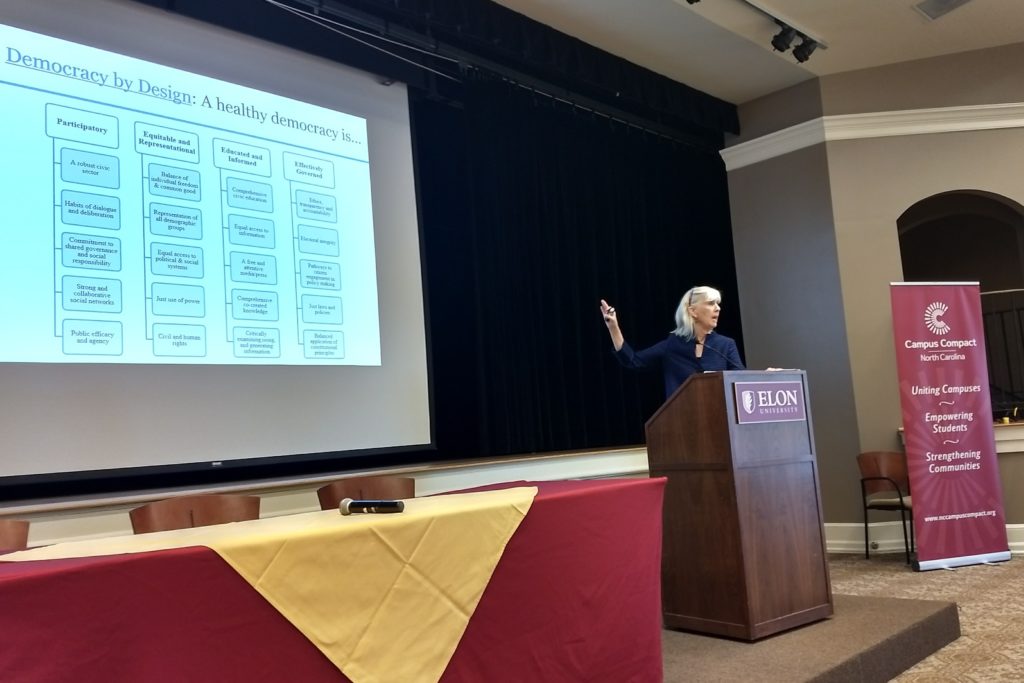
Nancy Thomas, director of the Institute for Democracy and Higher Education
Dr. Thomas shared highlights from a new IDHE report of 2016 voting, Democracy Counts, plus a special analysis of data from the 24 North Carolina colleges and universities that participate in NSLVE. Though voter registration and voting rates for students in the study increased nationwide since 2012, North Carolina rates of student registration and voting fell. In 2012, NC’s student registration rate was 70.9%; in 2016, the rate was just 65.7%. Similarly, a 2012 NC student voting rate of 48.8% dropped to 46.4% in 2016. While turnout fell among most demographic groups, the drop was particularly striking for African-American students in NC: from 61% in 2012 to 46% in 2016. This mirrors a national finding of decreased turnout at HBCUs. (View the full presentation here.)
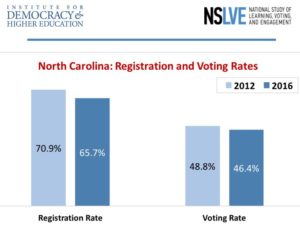
New NSLVE data on college student voting
Drawing on research into a group of campuses that “outperformed” their expected voting rates in 2012, Dr. Thomas suggested ways campuses can boost civic participation broadly. These strategies include: focusing on diversity and equity, empowering students in institutional decision-making, and fostering “pervasive political discussions.”
A post-lunch panel discussion focused on the broader civic context in North Carolina in 2017. Panelists were Dr. David McLennan, a political science professor at Meredith College; Professor Ted Shaw, director of the UNC Center for Civil Rights at the UNC School of Law; and Dr. Rick Morse, associate professor at UNC’s School of Government.
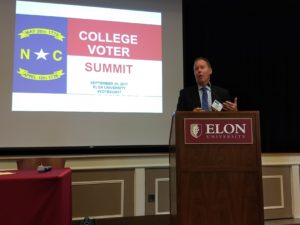
Meredith College professor David McLennan
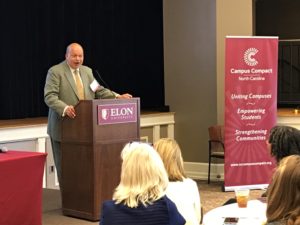
UNC School of Law professor Ted Shaw
McLennan opened the discussion by pointing out that young people’s trust in institutions is at historic lows, and he noted the number of “unaffiliated” voters has now passed the number of registered Republicans in North Carolina. Professor Shaw recalled his work with the NAACP Legal Defense Fund fighting for majority-minority districts, and he discussed current legal battles over racial and partisan gerrymandering. Dr. Morse made a case for college students to care about local elections this year. Among his reasons: local governments deal with any issue students care about (environment, poverty, animal welfare, policing); one vote really counts because turnout in local elections is shockingly low (10% or less); and local impacts — through housing, transportation, infrastructure — can be immediate and concrete, while changes at other levels of government may be further removed from students’ daily life.
An afternoon plenary featured ice cream provided by Ben & Jerry’s and a presentation about student engagement in Charlotte. UNCC Professor Mark Sanders outlined the university’s “49er Democracy Experience” to illustrate how his campus is seeking to cultivate student engagement locally. Amy Chiou, a community organizer with #WTFwevote (“We’re the future. We Vote), shared her strategy of engaging fellow Charlotteans with election-related events that are “fun & smart.”
North Carolina’s local elections are taking place across the state this fall. Many municipalities will hold primary elections on October 10, and early voting for these primaries is going on now. The deadline to register to vote in North Carolina is October 13. Election day is Tuesday, November 7. Citizens can use the online Voter Tools provided by the NC State Board of Elections to check their registration status or see a sample ballot.
Sponsors and supporters of the NC College Voter Summit were: the Campus Election Engagement Project, Z. Smith Reynolds Foundation, Elon University’s Kernodle Center for Service Learning and Community Engagement, Elon University Leadership Fellow Gabrielle Vance, Young Invincibles, NCPIRG Education Fund, Western Carolina University Center for Service-Learning, and Ben & Jerry’s Ice Cream Catering.
For more information about the summit, view the event program here.
To check out the conversation on Twitter, view #votesum17.
A number of presentations and handouts are collected in a shared drive here.
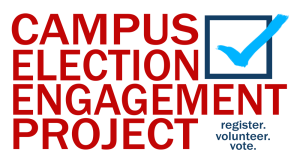

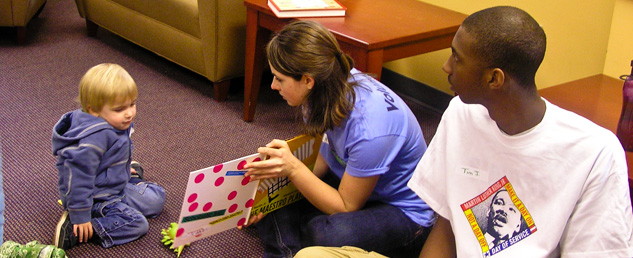
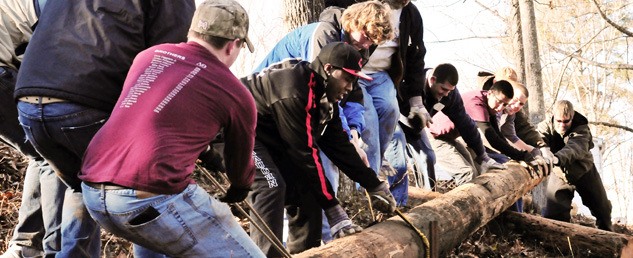
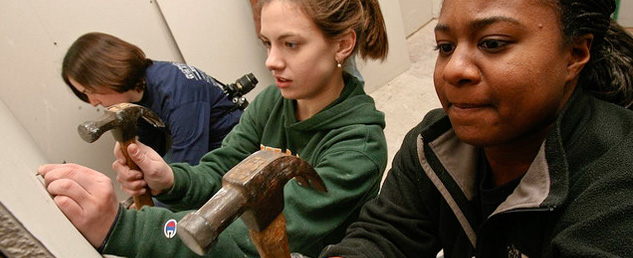
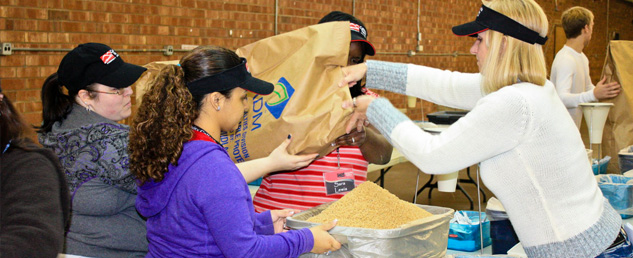
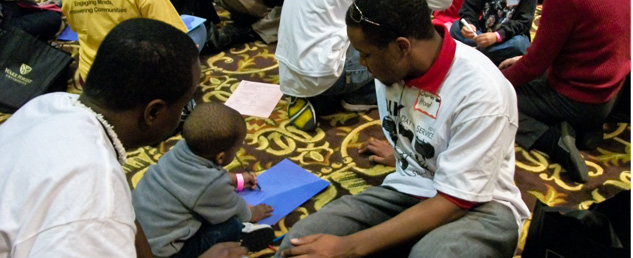
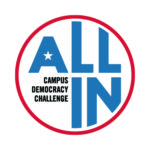 Last week in Washington, D.C., the
Last week in Washington, D.C., the 


